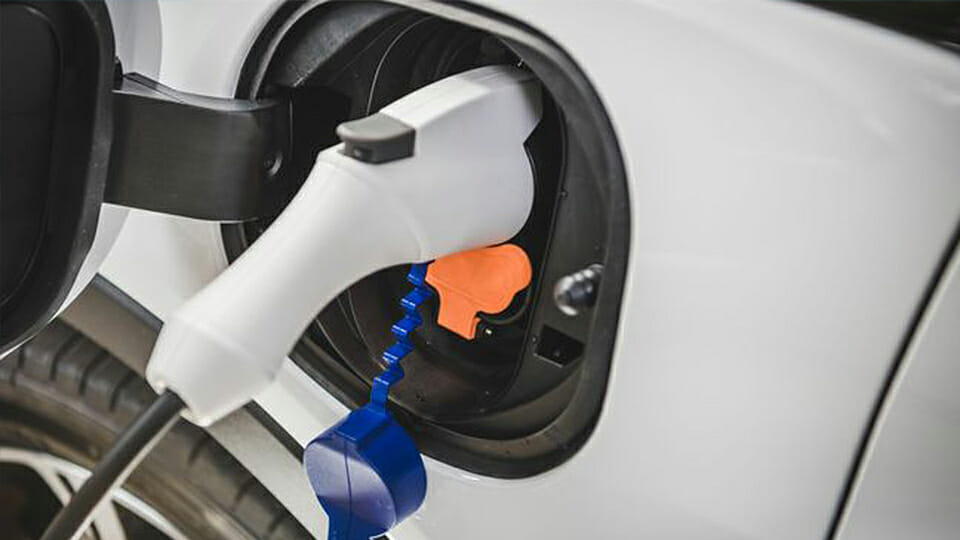How can EV charger access be increased?
Subscriber Benefit
As a subscriber you can listen to articles at work, in the car, or while you work out. Subscribe Now
The associate director of the Transportation and Autonomous Systems Institute at the Purdue School of Engineering & Technology in Indianapolis says the transition to electric vehicles can be compared to the switch from horses to gas-powered cars.
Clayton Nicholas, who is also director of the Initiative for Electrified and Autonomous Mobility, says one of the keys to expanding EV charger access will be ensuring equitable deployment of the systems.
In an interview with the Associated Press, Nicholas said adding charging stations will be similar to the initial growth of gasoline stations.
“When we converted from horses into internal combustion engines, the same thing happened where we had to start adding a lot more gasoline stations around, and it took some period of time,” Nicholas said. “It took probably 10 to 15 years before it really filtered out all the way to rural areas and everyone’s able to take advantage of it.”
Nicholas said efforts are already in place to increase access to EV charging stations. One, for example, was Tesla’s recent announcement that it would open its supercharger stations to all electric vehicles.
“[Tesla is also] planning to add more charging stations. So that will be helpful as well,” he said. “You know, it’s still going to take a lot of took take a period of time for that to occur. But at the end of the day, anyone that comes to the party adding charging stations is a good thing.”
As more charging stations come online, Nicholas said companies will also start bringing on new technologies, such as wireless charging and new battery technologies.
Researchers at Purdue University, for example, have developed a patent-pending charging cable they claim could fully recharge certain electric vehicles in under five minutes.
“As those things start happening, it starts becoming more real to everyone,” said Nicholas. “Companies can start making a better business case. Now you start getting a lot more charging stations out there that will then end up benefiting the consumers.”
Nicholas said the Initiative for Electrified and Autonomous Mobility and the Transportation and Autonomous Systems Institute are working to find the best ways to ensure equitable access to EV charging stations and make sure they’re safe.
“How do we make sure that individuals that can benefit the most are able to take advantage of these systems? Part of the things we’re starting to study and look at, what are the societal benefits? How can we do this ethically? How can we make sure that privacy is kept?”
He says currently, EV drivers have to be meticulous about planning their driving, especially if they aren’t able to charge their vehicles at home.
